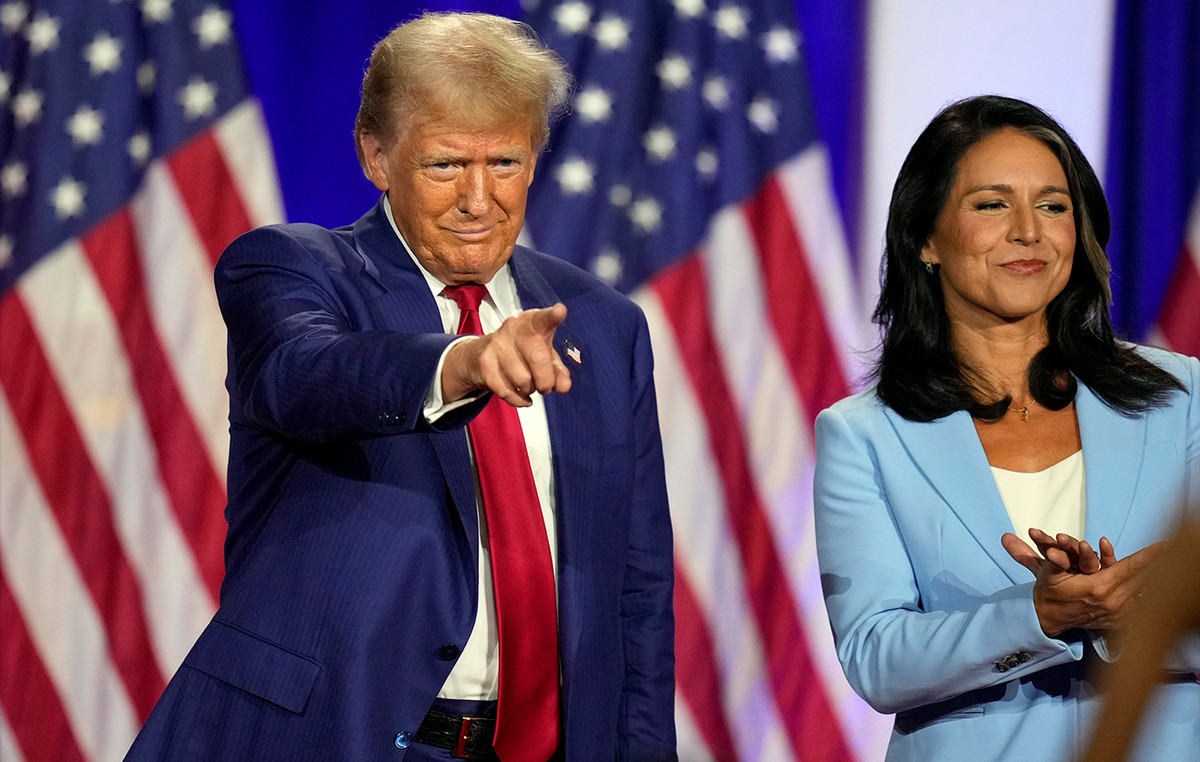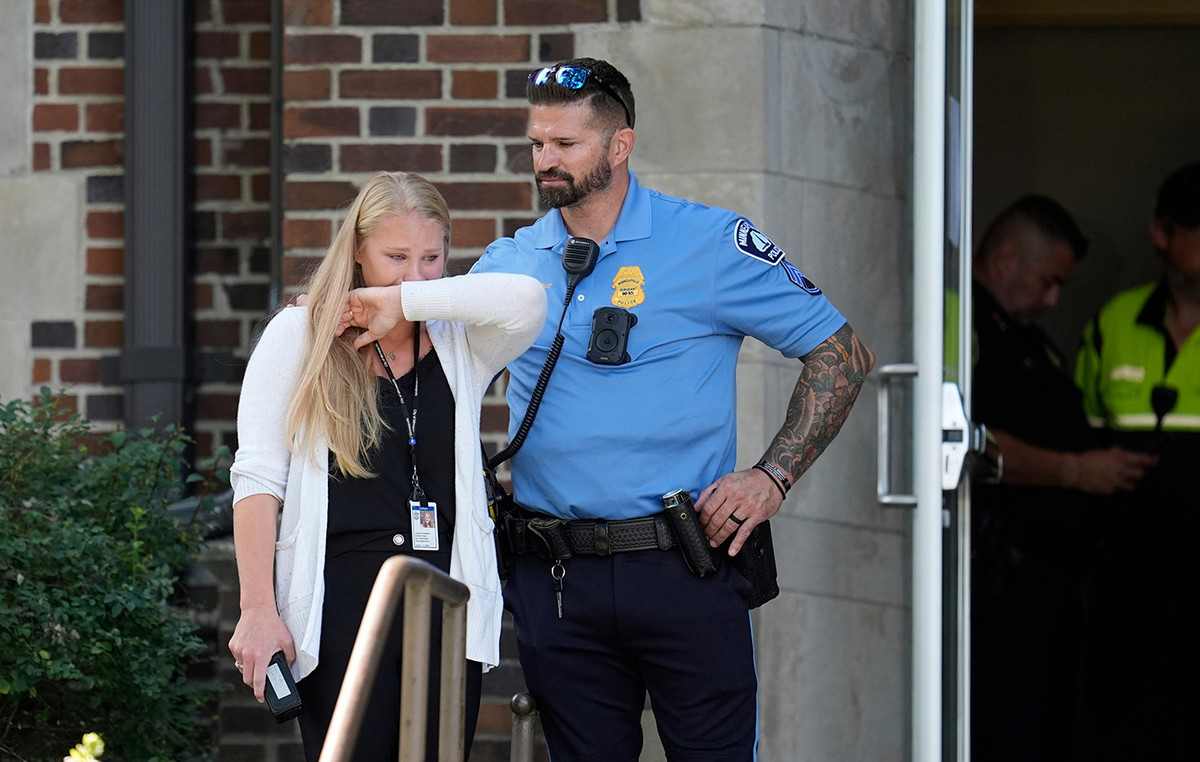The declaration by the World Health Organization (WHO) that monkeypox represents a global public health emergency serves as an “international alert”, even if the lethality of the disease is not as high as that of traditional smallpox.
This is the perception of virologist and member of the WHO Emergency Committee, Clarissa Damaso, in an interview with CNN Radio .
“Now, with the communiqué, the world starts to have coordinated action, since there was a commitment by member countries to follow the WHO guidelines and act together, now everyone speaks the same language and this is beneficial”, he defended.
The specialist recalled that monkeypox has existed on the African continent since the 1950s, with the first case in humans recorded in 1970, but that this time there is “extraordinary behavior” from the current outbreak.
“The signs were there, there was an increase in imported cases, people traveling to African countries, but we never had continuity of outbreaks.”
Clarissa highlights that the scientific community seeks to understand if there was “adaptation of the virus to humans or if this is a characteristic of the transmission of the moment, the effort now is to prevent it from spreading further.”
In terms of symptoms, the virologist says that there are cases that deviate from the “classic pattern”, which usually starts with flu symptoms, such as malaise and fever, which can develop directly into lesions in the genital and oral regions, without previous fever, for example.
According to the Ministry of Health, there are 696 infected in Brazil with monkeypox.
*With production by Isabel Campos.
Source: CNN Brasil







